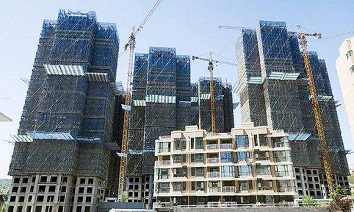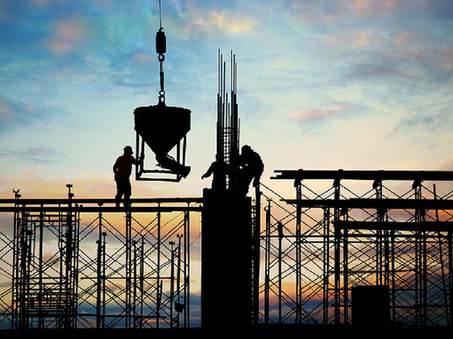
(Editor: Leona) Growth in China real estate investment slowed further in the first 11 months of 2014, but property sales hit the highest level seen this year, indicating Beijing's efforts to boost the ailing sector may be starting to pay off.
Signs of bottoming out in one of the country's key sectors would ease fears of a sharp slowdown in China's economy, which is now heading for its weakest growth since 1990.
Property investment, which affects more than 40 other sectors from cement to furniture, grew at its slowest pace in over five years between January to November, rising 11.9 percent from the same period a year earlier, the National Bureau of Statistics(NBS) said on Friday.
That was the slowest pace since July 2009, and compared with a rise of 12.4 percent in the first 10 months.
New floor space under construction shrank 9 percent as developers tried to work off bloated inventories of unsold homes.
Still, while the housing market is expected to remain weak well into next year, the sales data may indicate the worst may be over.
Property sales hit 132.2 million square metres in November, the highest level in the past 11 months, though they were still down 11.1 percent from the same period a year earlier.
"Though the property sales improved month-on-month, high inventories indicated property investment would continue to ease in short term," economists at Minsheng Securities said in a note.
Beijing lowered mortgage rates for some buyers in September and many local governments have relaxed or removed restrictions on home purchases.
Home prices in the country's 10 wealthiest cities edged up 0.07 percent in November from October, the first month-on-month increase after dropping for the past six months, according to CREIS, a consultancy linked to China's largest property data provider, Soufun Holdings.
Average prices in the country's 100 biggest cities, however, slipped for the seventh month in a row, signalling the nationwide correction may persist.
The housing market could get a further boost from expectations of policy easing by the central bank, which unexpectedly cut interest rates on Nov. 21 to shore up flagging economy growth. Still, analysts say more support steps are needed and stress that banks will have to be persuaded to pass along lower borrowing costs.



























 沪公网安备31010402003309号
沪公网安备31010402003309号